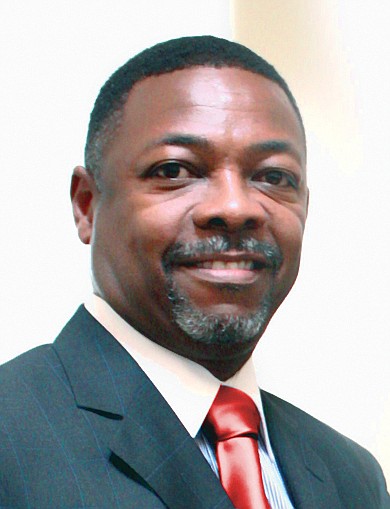Virginia NAACP opposes governor’s transgender policies
Holly Rodriguez | 10/27/2022, 6 p.m.
The public comment period for response to Virginia Gov. Glenn Youngkin’s transgender policies ended Oct. 26.
On the same day, at 9 a.m., Virginia’s NAACP President Robert N. Barnette, Jr. made clear the organization’s stance on the issue.
“The “NAACP opposes them all,” he said during a news conference.
Mr. Barnette said Gov.Youngkin’s policies will contribute to discrimination against students based on sex, gender, race and even cultural traditions that may refer to children with names not on their birth certificates.
“Africans were stripped of their names and forced to use names chosen by their oppressors,” he said during a Zoom call press conference Wednesday morning. “Calling someone by their preferred name is an easy way to show respect.”
In 2021, then-Gov. Ralph Northam’s administration established guidelines for transgender students including: directing schools to use names and gender pronouns that reflect students’ gender identities, and allowing student participation in programs and access to facilities (such as bathrooms and locker rooms) consistent with their gender identity. Sharing information about how a student identifies at school with parents should be handled on a case-by-case basis, taking into consideration the health and safety of the student, the guidelines stated.
Released in mid-September, Gov. Youngkin’s policies flip those policies, requiring teachers, staff and administrators to use the student’s names on their paperwork submitted; use of the gender pro- nouns that correspond with the gender the student was assigned at birth; and use of bathrooms, locker rooms and other facilities that correspond with the gender the student was assigned at birth. His policies also put educators in the awkward position of exposing students’ sexual orientation to their parents if they use a different name than the parents submitted in the student’s paperwork.
Mr. Barnette explained that this change in policies does not stand firm on its own. He gave an example using three girls’ names: If a student’s name is Danielle, Samantha or Francesca, they would not be able to be referred to as Dani, Sam and Frank because under Gov. Youngkin’s new policies, those nicknames are traditionally male.
“Children have a right to own the expression of their identities including the pronouns they want to use, Mr. Barnette said.
While the Virginia Department of Education has not proven that using preferred names and pronouns disrupt student learning, transgender students given permission to use the names and pronouns they most identify with have proven to be beneficial to them.
“Researchers have found when transgender youth are allowed to use their chosen name, the risk of suicide and depression decreases, as much as 71 percent fewer symptoms of severe depression and a 65 percent decrease in suicide attempts.”
Several Virginia school districts, including Richmond Public Schools and Alexandria, Arlington and Fairfax County Public Schools, have all rejected the governor’s guidelines.
With the public comment period now complete, the Virginia Department of Education will review the comments and possibly edit the guidelines before they are finalized by the state superintendent.







